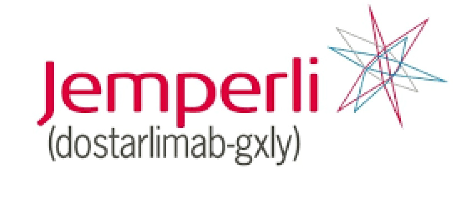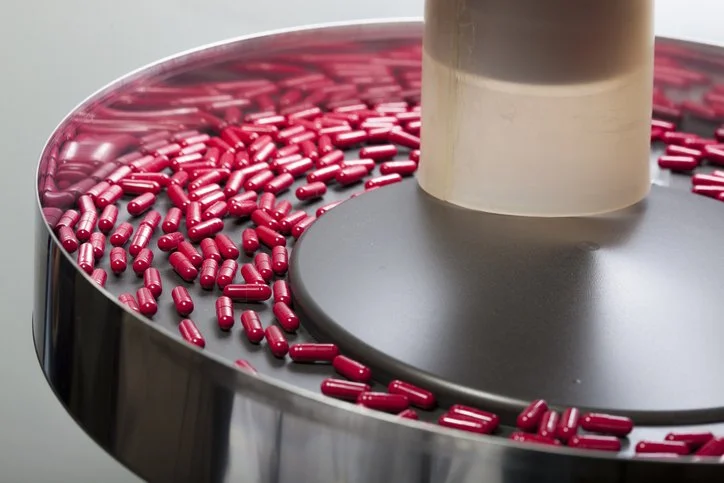From COVID Controversy to Cancer Cure: The New Role of Repurposed Drugs
The exploration of existing drugs to treat new conditions, known as drug repurposing, has led to exciting advancements in cancer treatment, as seen in the research covered in the paper "Progress in Redirecting Antiparasitic Drugs for Cancer Treatment" and more recently in the breakthrough with dostarlimab, an immunotherapy drug. These studies showcase how medications initially developed for different purposes are revealing unexpected yet valuable therapeutic potential in oncology, sparking renewed interest in drug repurposing as an efficient and economical approach to cancer treatment.
The paper outlines various antiparasitic drugs, such as ivermectin and artemisinin derivatives, which show promise in targeting cancer through mechanisms like ferroptosis, mitochondrial dysfunction, and immune modulation. The concept of repurposing, particularly with ivermectin, also underscores an ironic twist. During the COVID-19 pandemic, ivermectin was heavily scrutinized and even dismissed for off-label use, potentially due to concerns that its approval might nullify emergency use authorizations (EUAs) for certain COVID-19 treatments. Now, the focus has shifted, and ivermectin and other antiparasitic drugs are being investigated as promising cancer treatments. This change invites questions about whether economic or regulatory considerations influenced the earlier dismissal of ivermectin's potential for COVID-19 treatment and now drive its acceptance in cancer research.
Adding to this wave of innovation, NPR recently covered a groundbreaking development involving dostarlimab, an immune checkpoint inhibitor. In a small trial with 18 rectal cancer patients at Memorial Sloan Kettering Cancer Center, every participant experienced complete tumor disappearance after six months of treatment. Dr. Hanna Sanoff, who discussed the results with NPR, emphasized that this achievement is unprecedented in cancer research, as no treatment has previously shown a 100% success rate. Dostarlimab operates by encouraging the patient's immune system to target cancer cells, presenting a paradigm shift for rectal cancer treatment by offering the possibility of avoiding life-altering surgery and its severe side effects, such as incontinence.
This combination of innovations exemplifies how drug repurposing could revolutionize cancer treatment, saving both time and resources compared to the costly and lengthy development of new drugs. For antiparasitic drugs and immunotherapy alike, research is now expanding to larger trials and more diverse settings to understand and optimize their effectiveness across different cancer types. While dostarlimab's initial results are encouraging, the scientific community awaits further trials to establish its efficacy in broader populations, especially since the initial trial involved a small, specific patient subgroup.
As cancer rates continue to climb, researchers are discovering how existing drugs—many with well-understood pharmacodynamics—may help improve cancer treatment outcomes, particularly when applied in combination therapies to maximize impact while minimizing side effects. Antiparasitic drugs, for example, can disrupt cancer cells' energy supply, while immunotherapies like dostarlimab engage the body's immune response directly against tumors. Together, these studies emphasize the importance of a diversified approach to cancer treatment, repurposing old tools in innovative ways.
Ultimately, this renewed focus on drug repurposing in cancer could help address one of the most significant health crises of our time by making treatment more accessible, economical, and effective. Given the early successes, including the remarkable results with dostarlimab and the repurposed antiparasitic drugs, further exploration into this approach could reshape the future of oncology and improve the lives of countless patients.
Sources:
Huang H, He Q, Guo B, Xu X, Wu Y, Li X. Progress in Redirecting Antiparasitic Drugs for Cancer Treatment. Drug Des Devel Ther. 2021 Jun 22;15:2747-2767. doi: 10.2147/DDDT.S308973. PMID: 34188451; PMCID: PMC8235938.
NPR: This experimental drug could change the field of cancer research, June 7, 20224:32 PM ET, By Sacha Pfeiffer and Jonaki Mehta





